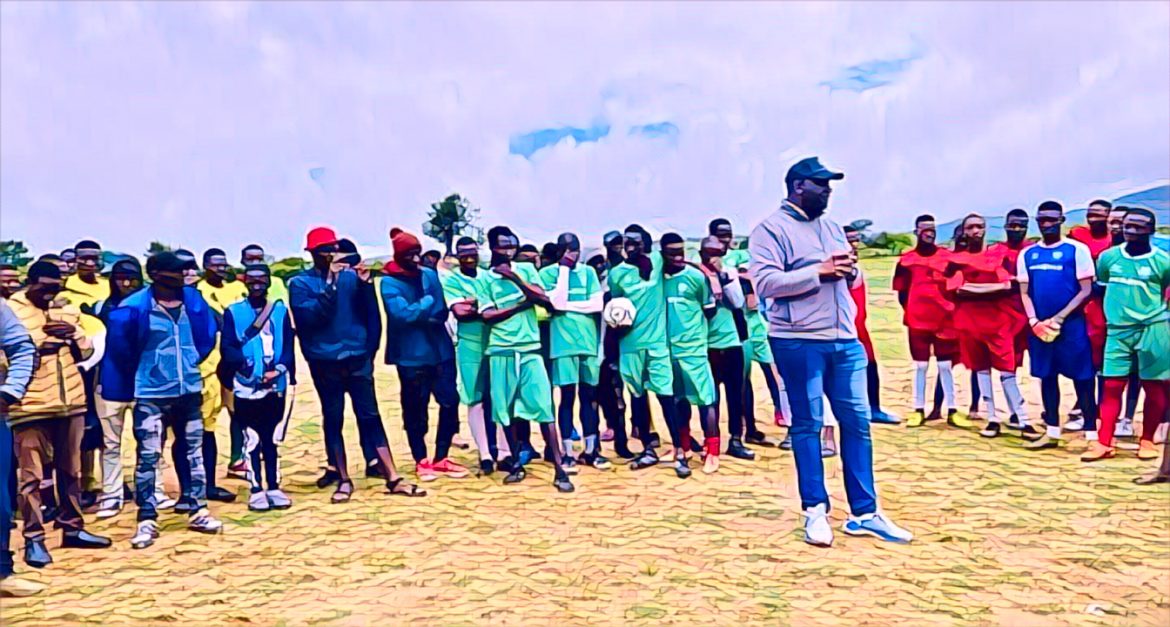KEY POINTS
- Sports serve as a unifying force in Zimbabwe’s diverse communities.
- Youth empowerment through sports is promoting positive social change.
- The sports sector contributes to Zimbabwe’s economic growth and development.
In Zimbabwe, sports have long been more than just a pastime, they serve as a powerful tool for social change and community building.
From rural villages to urban centers, sports have provided a common ground for people of all backgrounds to unite, challenge societal norms, and inspire future generations.
In a country marked by economic struggles, political tensions, and social divides, sports have become an unexpected but critical avenue for fostering community cohesion and positive transformation.
Uniting diverse communities through sports
One of the most powerful ways sports have impacted Zimbabwe is by bringing together diverse communities. In a nation where divisions along ethnic, political, and social lines often cause tension, sports provide a unifying force.
National teams, such as the Zimbabwean rugby or football teams, rally people around a shared identity. Events like the Zimbabwean Premier League or local football tournaments have a unique way of transcending barriers, allowing people from different backgrounds to connect and work towards a common goal.
These events encourage teamwork, promote dialogue, and give communities a sense of collective pride.
A platform for youth empowerment and social change
In Zimbabwe, where youth unemployment is high and opportunities can be scarce, sports offer an outlet for young people to express themselves and develop vital life skills.
Sports programs, especially at the grassroots level, are playing a critical role in empowering young individuals. By participating in football, netball, or athletics, youth gain discipline, confidence, and teamwork skills that can later be applied in their personal and professional lives.
Additionally, sports provide a platform to address important social issues such as gender equality, substance abuse, and HIV/AIDS awareness. Female participation in sports, once limited, is on the rise, and initiatives like the Zimbabwe Women’s Football Association are helping to break down gender barriers and promote equality.
Sports as a catalyst for economic growth and development
Sports also contribute significantly to the economy, particularly through tourism and job creation. Large-scale events like the Zimbabwe Open Golf Championship or international football matches not only provide entertainment but attract tourists, bringing in much-needed revenue.
Beyond tourism, the sports industry creates jobs in coaching, event management, and sports media. Local businesses also thrive by sponsoring events, selling merchandise, and providing food and services during major sporting events.
As the government increasingly recognizes the potential of sports to drive economic growth, the sector’s importance in Zimbabwe’s broader development agenda continues to grow.
Building infrastructure and fostering long-term change
The positive impact of sports in Zimbabwe extends to the development of local infrastructure. The construction of new stadiums, sports complexes, and recreational facilities is not only creating jobs but providing spaces where communities can come together for healthy activities.
These facilities also serve as hubs for local youth programs, helping to nurture talent from an early age and offer a sense of belonging. Moreover, the government and local organizations are increasingly investing in sports as part of a wider social strategy to combat poverty, encourage education, and reduce crime rates.
In a country often overshadowed by political and economic instability, sports stand as a beacon of hope and progress. The ability of sports to transcend cultural divides, empower the youth, and stimulate economic growth positions them as a key driver of community cohesion and social change in Zimbabwe.
Through strategic investment and support, sports have the potential to build a brighter, more unified future for the nation.


